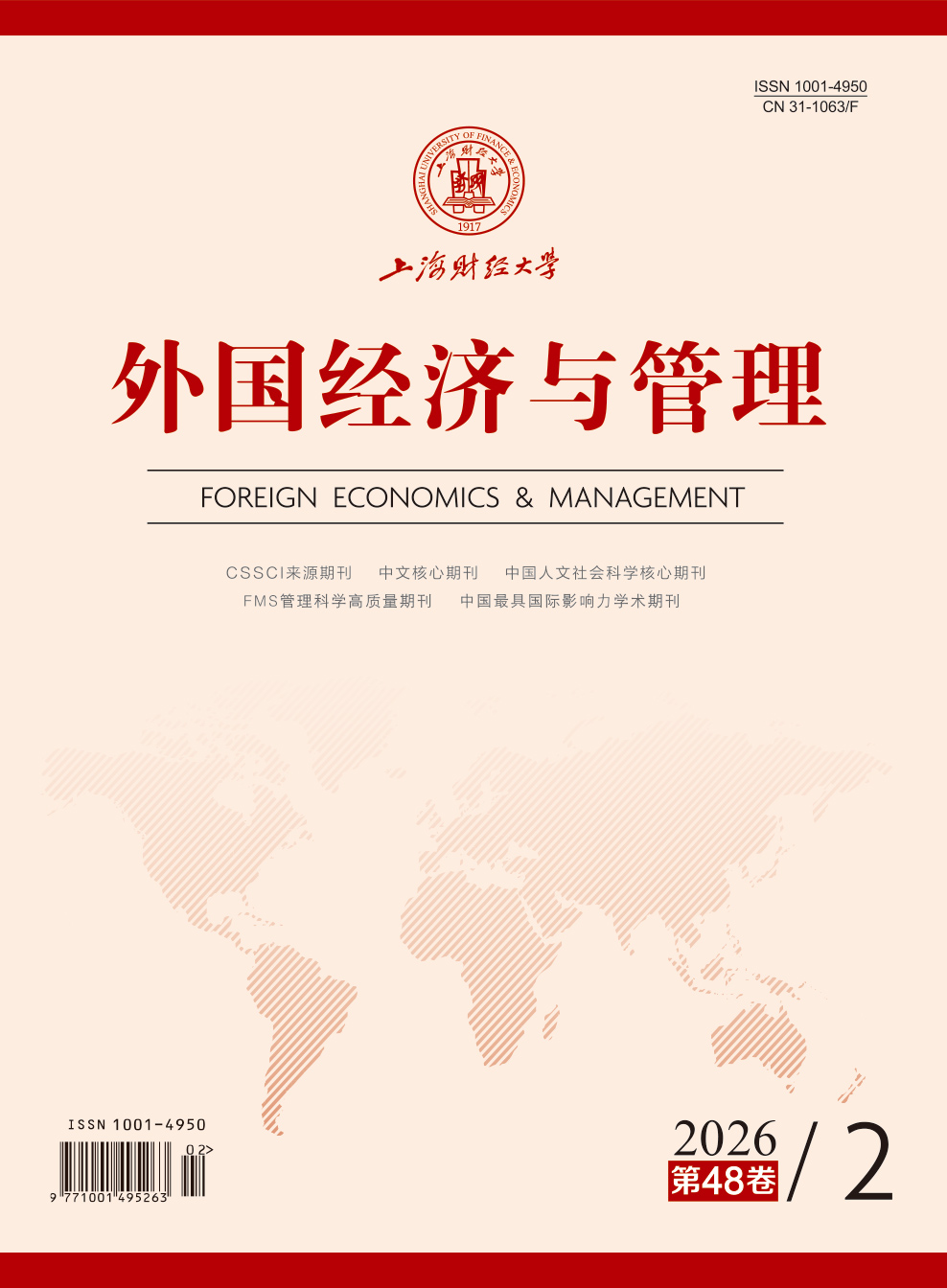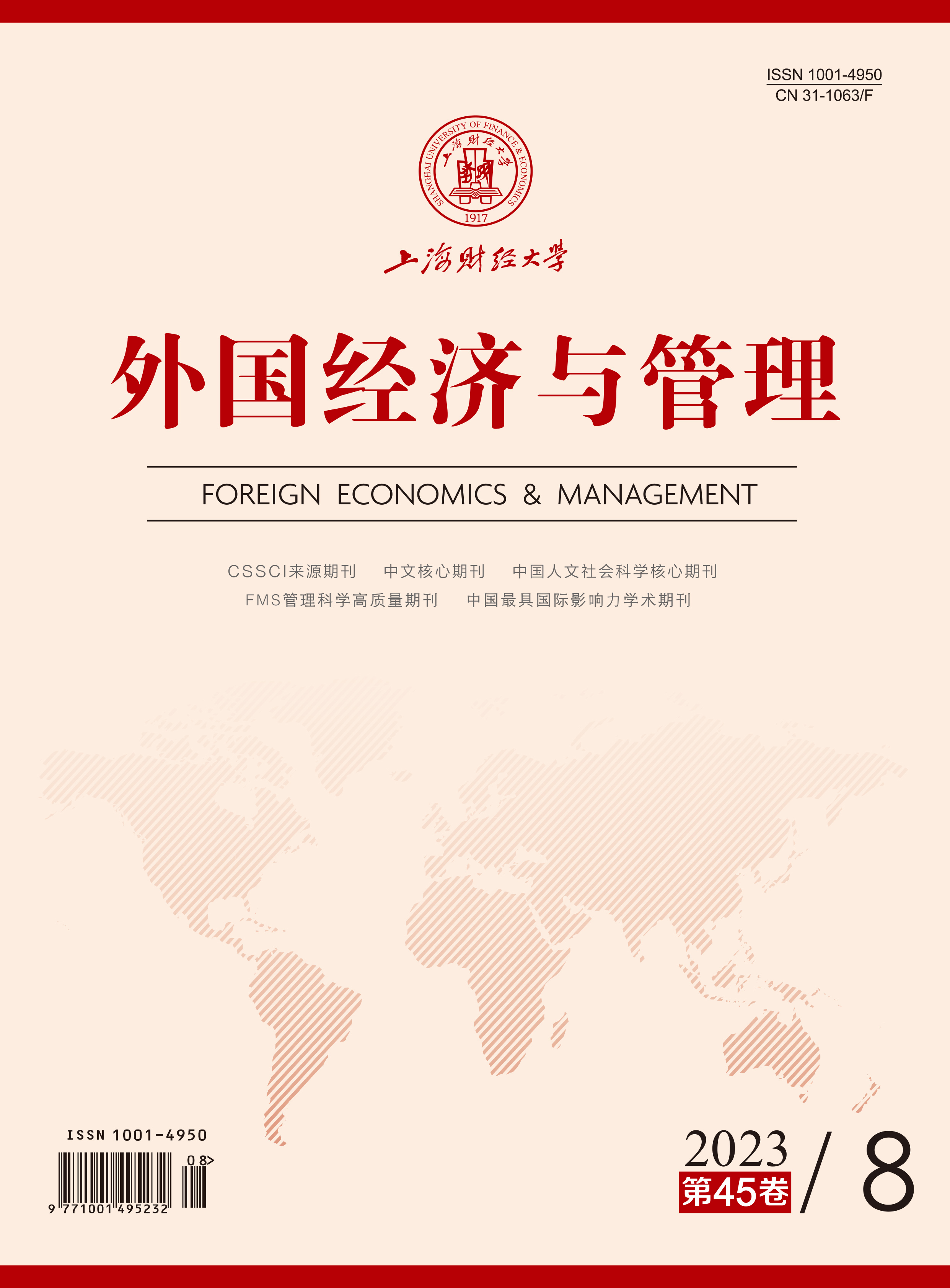Facing an increasingly complex and uncertain external environment, risk control is the key to achieving stable operation and high-quality development for firms. With the advent of the digital economy era, digital technology has played a positive role for firms to cope with the adverse impact of Covid-19 and international competition. In the context of the deep integration of the real economy and the digital economy, we still cannot obtain a consistent answer from the existing literature on whether digitalization provides new technical support and practical paths for firms to control risks. Therefore, it is of great theoretical and practical significance to explore the unique value and function of digitalization in firm risk prevention.
From the perspective of dynamic capability, this paper constructs a theoretical framework of digitalization – dynamic capacity improvement – firm risk prevention, and investigates the impact and mechanism of corporate digitalization on firm risks. The results show that corporate digitalization significantly reduces the level of firm risks. Further mechanism test shows that enabling value co-creation, improving internal control quality, and enhancing information transparency are the main channels to restrain firm risks. It is also found that the negative impact of digitalization on firm risks is more obvious in state-owned, less diversified, and smaller enterprises. In addition, digitalization does not hinder firms’ undertaking of effective risk behaviors such as R&D investment, and has a positive promotion effect on their short- and long-term performance.
This paper deepens the understanding of the factors that affect firm risk prevention from the perspectives of organizational change and digitalization, and supplements the literature on firm risks. Different from prior studies on the impact of digitalization on organizational structure, business model, and performance, it focuses on corporate decision-making, examines the impact of digitalization on firm risk prevention, and expands the research on the consequences of digitalization. In addition, this paper discusses how digitalization affects firm risks by enabling value co-creation, improving internal control, and enhancing information transparency, and identifies the relationship between corporate characteristics and digitalization effect. It is helpful to further understand the internal mechanism of digitalization affecting firm risks. Finally, this paper has great policy significance for the government and firms to prevent systemic financial risks and promote digital industrialization and industrial digitalization.





 9723
9723  9463
9463

